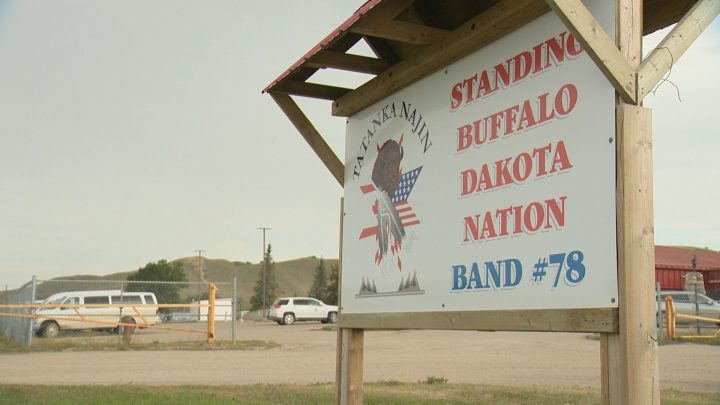The Indigenous Services Minister has tabled much-anticipated legislation to improve water quality in First Nations communities.

“Created with First Nations, this legislation is the foundation of clean and safe drinking water for generations to come,” stated Minister Patty Hajdu. “It establishes the rights and supports that should have always been there for First Nations. It creates the tools First Nations need to manage their water systems and ensure the water they draw from is safe.”
Some Saskatchewan Indigenous leaders are saying that more is needed to address the issue of clean drinking water to Indigenous communities.
“We’ve got to make sure that we have the resources and tools to address the problem,” said Rodger Redman, Standing Buffalo Dakota Nation Chief.
“The problem I see is some long-term solutions on the capital. We need to (incorporate) some plants and not to address the portable water.”
The Federation of Sovereign Indigenous Nations (FSIN) issued a statement saying they welcome the introduction of the proposed federal drinking water legislation for First Nations, but said it is not sufficient to prevent future crises.
“For decades, on-reserve drinking water has been a policy issue which has allowed successive governments to chronically underfund our communities which is the direct cause of the crisis that has impacted the health of so many of our people,” stated FSIN Chief Bobby Cameron.
“The fact that under this bill First Nations will still have to negotiate basic things like maintenance funding and distribution pipes to homes is concerning and makes it difficult not to view this intentional omission as another empty promise.”
FSIN added that the proposed act announced today would force First Nations into more negotiations with the provincial government, who must agree to any protection plan.
“Knowing that this act was coming, in May 2023 the FSIN Chiefs-in-Assembly gave our organization the mandate to undertake a process to create our own water law, one which will provide true protection to our children, our families, and the waters on which all life depends,” stated Chief Cameron.
“The right to clean water is not up for negotiation and we will assert our sovereignty. As it stands, the federal water act announced today is not true reconciliation, it is an attempt to legalize the status quo.”
In a statement, the federal government stated the Government of Canada’s commitment to sustainable access to clean and safe drinking water in First Nations communities does not end with the introduction of this Bill and they will continue to work with rights-holders and First Nation organizations to ensure access to safe drinking water now and for future generations.




Comments